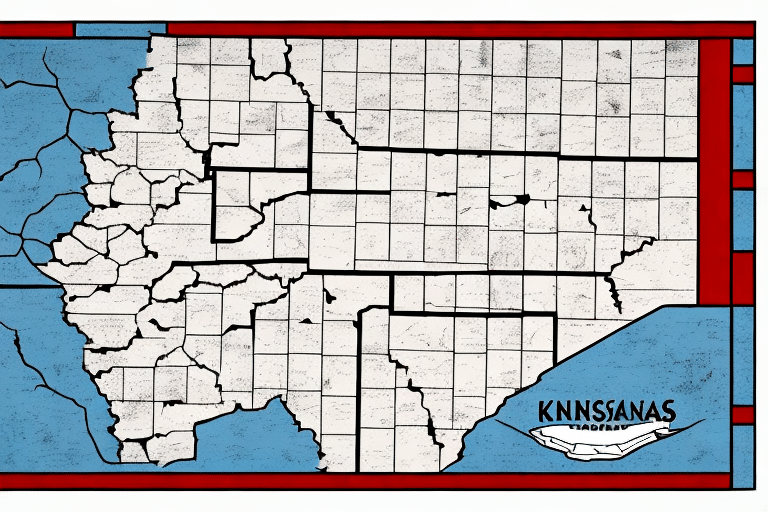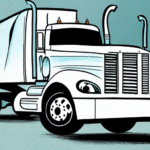Understanding Truck Abandonment
Trucks play a vital role in transportation and the movement of goods across regions. However, when a truck is left behind, neglected, and forgotten, it leads to a situation known as truck abandonment. This article delves into the legal definitions, causes, consequences, prevention strategies, and effective ways to address truck abandonment, aiming to foster a safer and cleaner environment for communities.
The Legal Definition of Truck Abandonment
Truck abandonment occurs when a vehicle is left on public or private property for an extended period without the owner's permission or intent to return. Each state has specific laws defining truck abandonment, but common criteria include:
- Leaving a truck on the side of the road, in a ditch, or on private property without authorization.
- Failure to pay for storage fees or related charges, leading to the truck being impounded and subsequently deemed abandoned.
Consequences of truck abandonment can be severe, including fines, legal fees, and liability for any damages or injuries caused by the abandoned vehicle. Truck owners must ensure proper disposal or transfer of ownership to avoid these repercussions.
Reasons Why People Abandon Trucks
Several factors can lead to truck abandonment:
- Financial Constraints: Inability to maintain or repair the vehicle makes abandonment a cost-saving option.
- Legal Issues: Involvement in illegal activities may prompt owners to abandon their trucks to evade charges.
- Relocation: Moving to a new location may make it more economical to abandon the truck rather than transport it.
- Accidents: Severe accidents resulting in total loss may lead owners to abandon their trucks instead of paying for expensive repairs.
- Illegal Dumping: Some individuals use trucks for illicit dumping of hazardous waste and then abandon the vehicle.
Consequences of Truck Abandonment
Environmental Impact
Abandoned trucks can release pollutants like oil, gasoline, and other hazardous fluids into the environment, contaminating soil and water sources. According to the Environmental Protection Agency (EPA), such pollutants can have long-term detrimental effects on ecosystems and human health.
Economic Costs for Taxpayers
The removal, disposal, and cleanup of abandoned trucks impose significant costs on local governments and taxpayers. Municipal expenses related to these activities can lead to increased taxes and reduced funding for essential public services.
Impact on Community Safety and Property Values
Abandoned trucks can obstruct traffic, posing safety hazards to drivers and pedestrians. They also contribute to decreased property values, as the presence of neglected vehicles deters potential buyers and renters. Enhanced community crime rates can result from abandoned trucks becoming targets for theft or vandalism.
Preventing Truck Abandonment
Community Awareness Programs
Educating truck owners about the consequences of abandonment through community programs can significantly reduce the incidence of abandoned vehicles.
Law Enforcement Involvement
Law enforcement agencies play a crucial role in enforcing laws related to truck abandonment. They collaborate with towing companies and other government agencies to ensure abandoned trucks are promptly removed and disposed of appropriately.
Successful Programs and Incentives
Several cities have implemented successful programs to combat truck abandonment, including:
- Low-Cost Hauling Services: Offering affordable options for disposing of unwanted trucks.
- Reporting Rewards: Providing incentives for individuals who report abandoned vehicles, aiding in their removal and reducing community burden.
Dealing with Abandoned Trucks
Reporting a Suspected Case of Truck Abandonment
If you suspect a truck has been abandoned, follow these steps to report it:
- Verification: Ensure the truck is not temporarily parked and meets abandonment criteria.
- Documentation: Record details such as the truck's model, color, license plate, and exact location.
- Contact Authorities: Reach out to local law enforcement or city council with the documented information.
- Follow-Up: Stay informed about the progress and actions taken by the authorities.
Pitfalls to Avoid
When dealing with an abandoned truck on your property, avoid the following to prevent legal issues:
- Identifying Ownership: Confirm the vehicle's ownership before taking any action.
- Immediate Notification: Inform the proper authorities without delay.
- Self-Removal: Do not attempt to move or dispose of the vehicle yourself, as it may pose safety hazards and legal liabilities.
Proper Disposal Methods
To dispose of an unwanted or abandoned truck responsibly:
- Sell to a Scrap Yard: Engage with reputable scrap dealers or towing services.
- Donate: Consider donating the vehicle to charitable organizations that focus on recycling or repurposing.
- Dispose of Hazardous Materials: Safely remove and dispose of any hazardous fluids before recycling the vehicle at designated facilities.
The Role of Law Enforcement
Law enforcement agencies are pivotal in addressing truck abandonment by:
- Enforcing abandonment laws and issuing fines.
- Collaborating with towing companies to remove abandoned trucks efficiently.
- Working with the Department of Transportation and other agencies to develop strategies that prevent truck abandonment.
- Training officers to identify signs of abandonment, such as flat tires, broken windows, and missing license plates.
Importance of Timely Action
Promptly addressing truck abandonment is essential to:
- Prevent environmental damage from leaking pollutants.
- Reduce economic burdens on taxpayers through timely removal and disposal.
- Ensure public safety by eliminating hazards posed by unattended vehicles.
- Maintain property values and overall community aesthetics.
Conclusion
Truck abandonment poses significant environmental, economic, and safety challenges to individuals and communities. Understanding the legal definitions, recognizing the causes, and implementing effective prevention and disposal strategies are crucial steps in mitigating these issues. By fostering community awareness, leveraging law enforcement resources, and promoting responsible vehicle disposal, we can reduce truck abandonment and create a safer, cleaner environment for everyone.




















